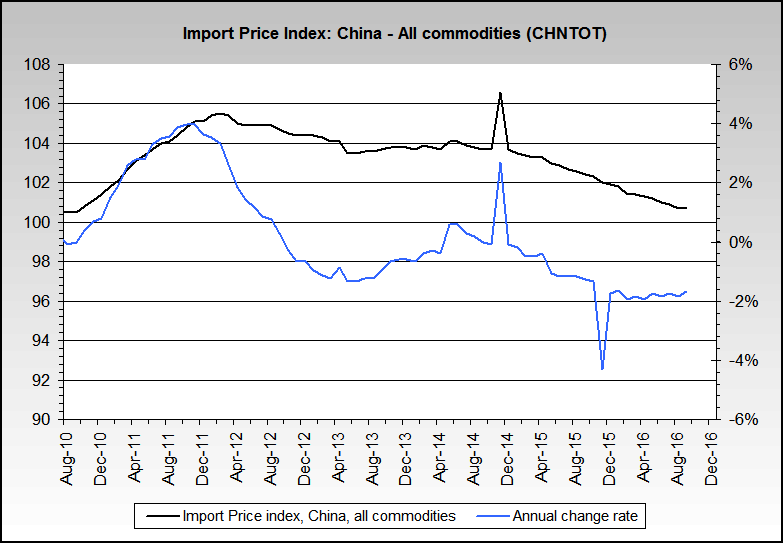Re: Global Monetary Meltdown - Part I: The accident that won't wait to happen - Eric Janszen
The re-balancing with gold is already occurring.
We think of the East as having the surplus, and the west as having the debts. But let's look at it another way:
The East has a surplus of Western paper promises, which are diminishing in value.
The West has most of the gold, which is increasing in value.
It's just a matter of time... Debt jubilee? too destructive, think double entry book keeping... War? Now that's really destructive, would make WWII look like tame.
The re-balancing with gold is already occurring.
We think of the East as having the surplus, and the west as having the debts. But let's look at it another way:
The East has a surplus of Western paper promises, which are diminishing in value.
The West has most of the gold, which is increasing in value.
It's just a matter of time... Debt jubilee? too destructive, think double entry book keeping... War? Now that's really destructive, would make WWII look like tame.

Comment